Foreign-backed terror groups lead riots in Iran, seek sedition, secession: Interior minister
Iranian Interior Minister Ahmad Vahidi has said that foreign-backed terror groups in northern Iraq were leading the riots in Iran to foment sedition and set off secession.
Vahidi said on Tuesday that the riots are “planned, supported, and led by separatist terror groups,” including the so-called Komala Party, Kurdistan Democratic Party (KDP), and Party of Free Life of Kurdistan, also known as PJAK, which have a history of cooperation with the Zionist regime and were once hired by the Western countries and Iraqi President Saddam Hussein as mercenaries.
They also committed crimes and conducted terrorist operations in Iran, he added.
Over the past few days violent riots have erupted across the country as well as in Sanandaj, the capital city of Kurdistan province, however, he said, Iran’s Kurdish population who are seeking peace, security and development separated themselves from the rioters.
“Iran’s army and law enforcement forces have firmly dealt with the rioters and their leaders and will continue to do so to neutralize their fruitless efforts,” he warned.
The US, the Zionist regime and separatist terror groups are definitely happy with the riots in Iran and these acts against the national interest, the minister said.
Iran’s govt. recognizes rights to peaceful protest
Iranian government consents to legal protests and the interior minister is tasked with suggesting guidelines for organizing such gatherings, Government spokesman Ali Bahadori Jahromi said on Tuesday.
He also criticized Persian language media based abroad that are training people to commit terrorist actions saying that they must be held accountable to authorities for the harm they are inflicting upon the country.
Mahsa Amini’s medicines subjected to sanctions
Elsewhere in his remarks, Bahadori Jahromi slammed Western countries’ double standards, saying that the medications late Mahsa Amini needed for her underlying condition were subjected to sanctions imposed by the US.
Protests erupted over the death of the 22-year-old Iranian woman, who fainted at a police station and was pronounced dead at a Tehran hospital on September 16, first in her native province of Kurdistan and later in several cities, including the capital Tehran.
Immediately after Amini’s death, Iran’s President Ebrahim Raeisi ordered a thorough investigation into the case and an official report published on Friday said her death had been caused by an illness rather than alleged blows to the head or other vital body organs.
What started as peaceful protests took a violent turn after unruly protesters fatally attacked policemen and indulged in vandalism against public property in several cities.
‘The Voice of Hind Rajab’ receives Oscar nomination
VIDEO | Foreign-backed terrorism in Iran
US-backed riots suffered 'humiliating' defeat in Iran: Yemeni leader
Pezeshkian: ‘Unholy rage’ fueled by Iran’s enemies after June defeat
Iran condemns Israeli demolition of UNRWA headquarters in occupied al-Quds
Denmark reasserts Greenland sovereignty as Trump claims ‘total access’
Iran’s political legitimacy comes from ballots and popular will, not foreign powers
VIDEO | Press TV's news headlines


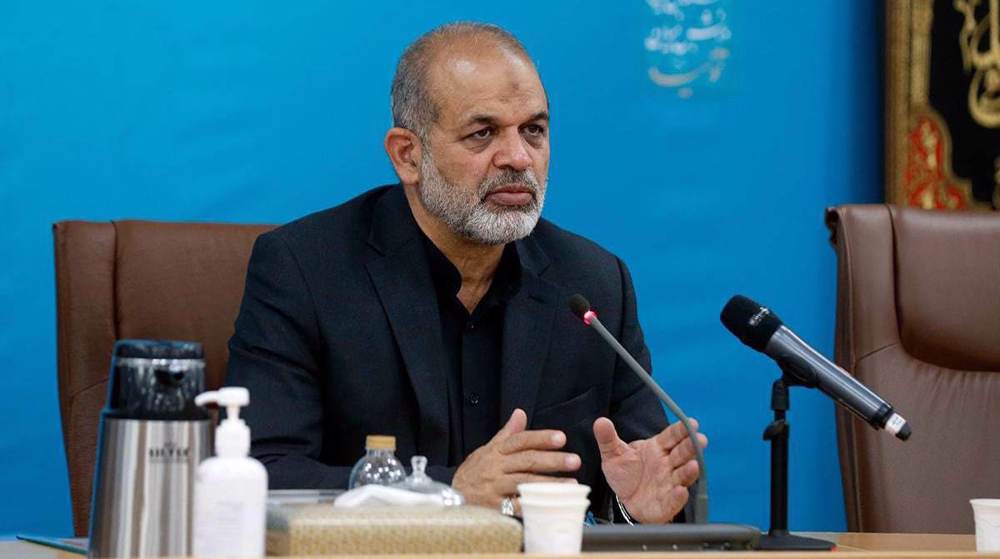
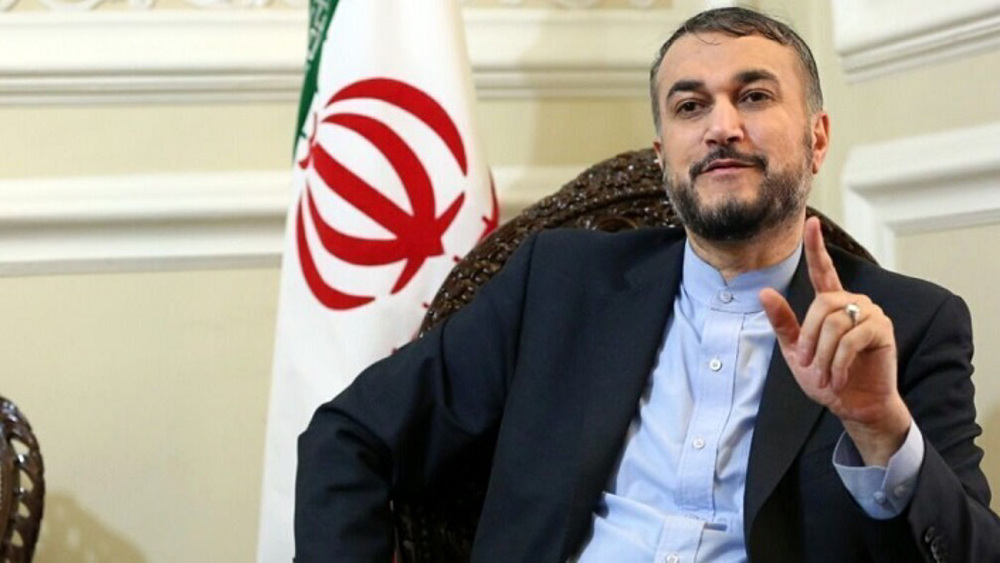
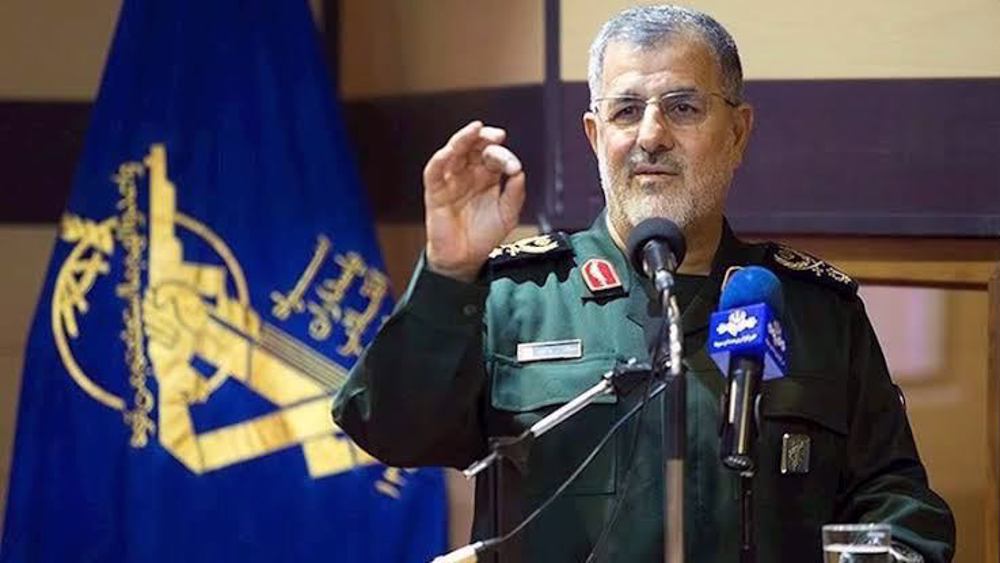
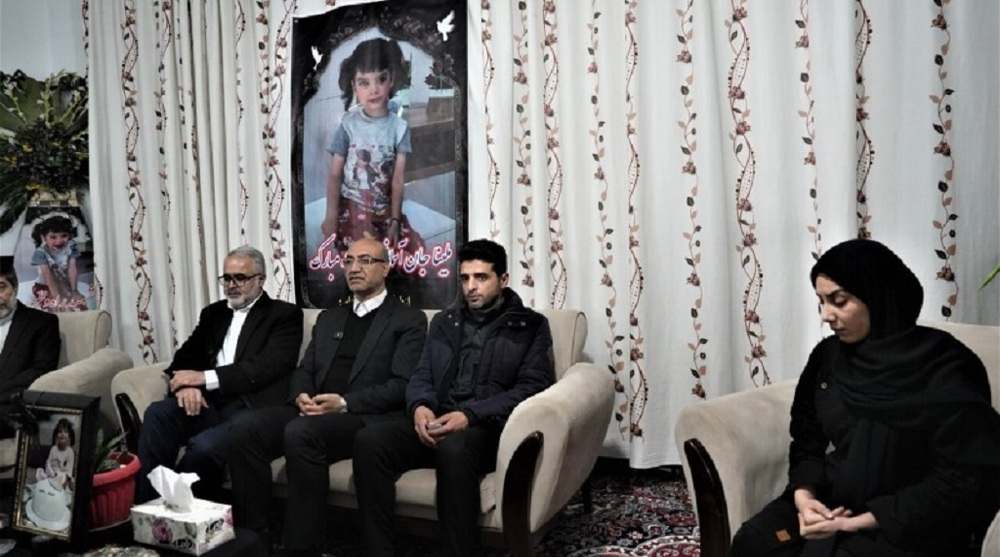
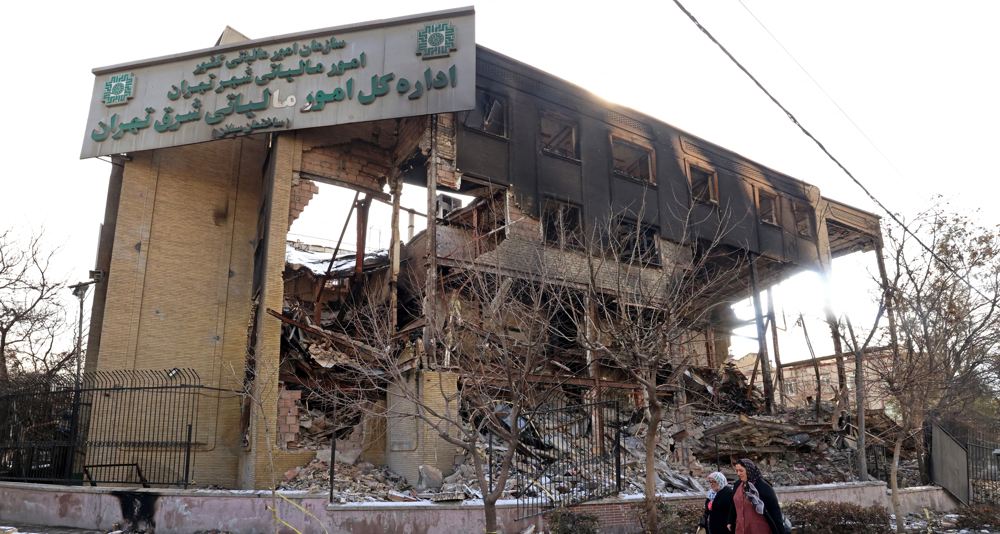



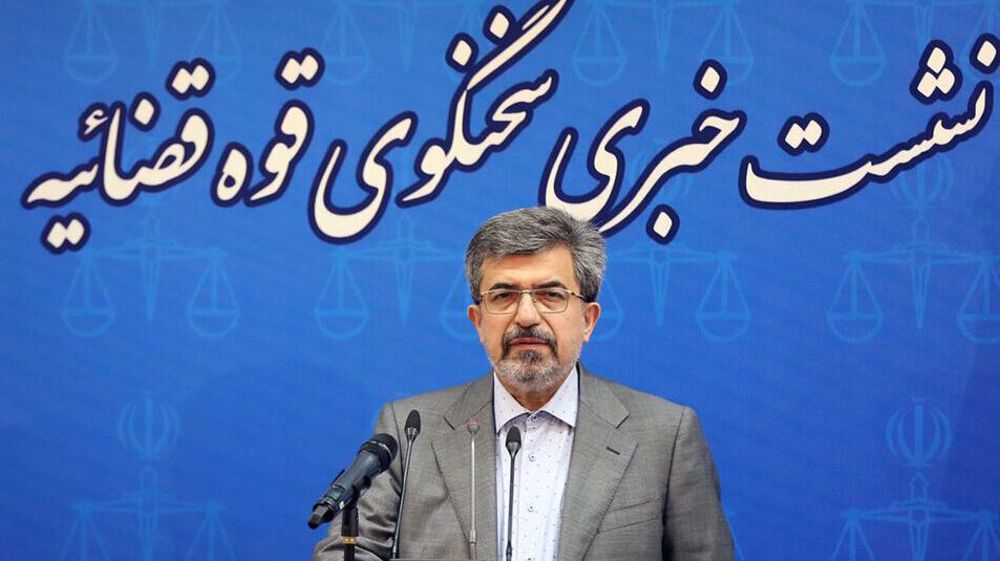
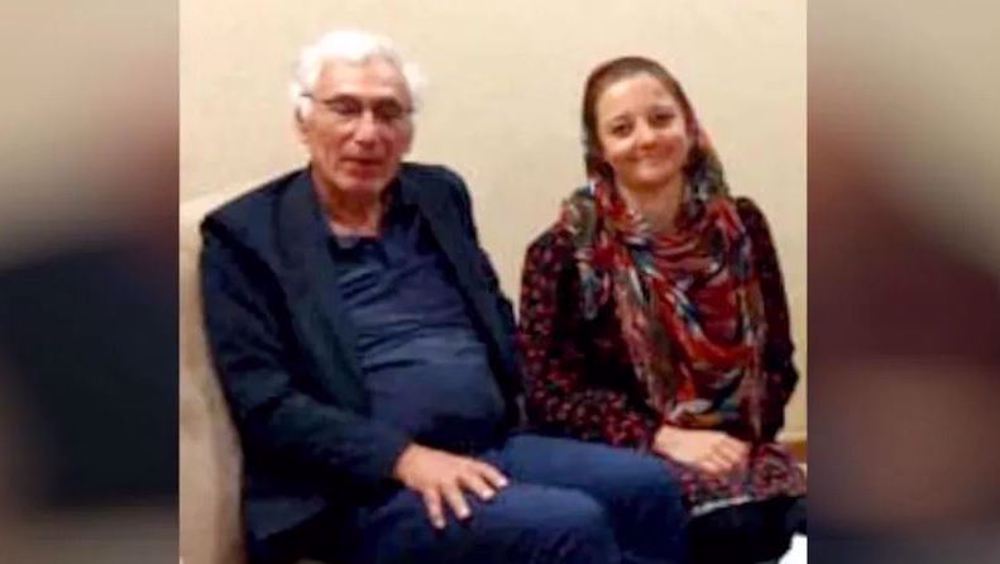
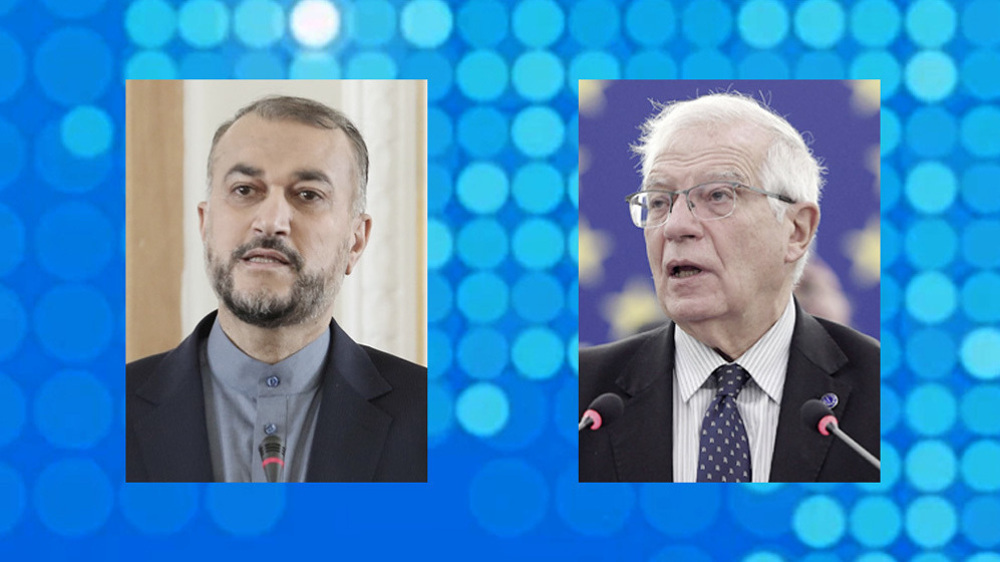

 This makes it easy to access the Press TV website
This makes it easy to access the Press TV website